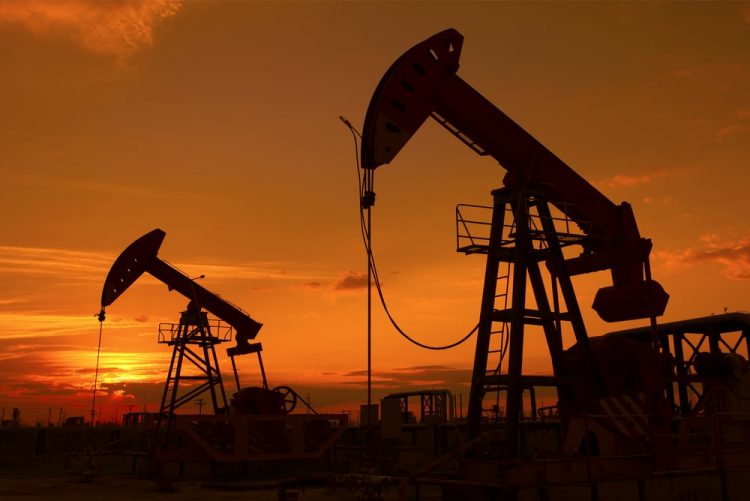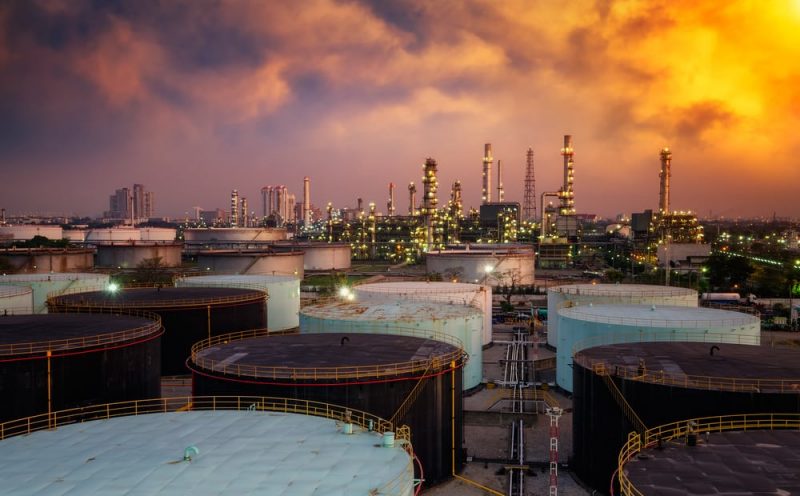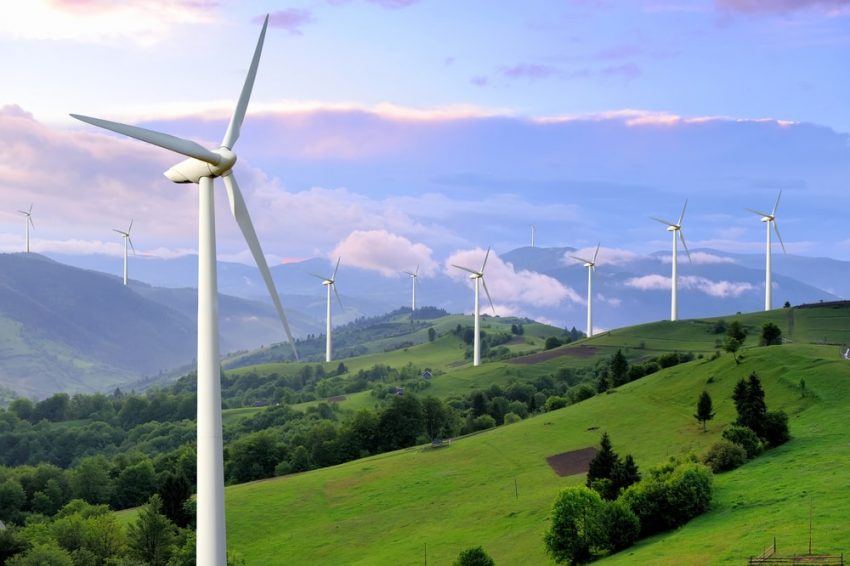The Petroleum it is a fossil resource that is used as primary energy in today’s world, in particular the main source of energy that is also the raw material in numerous processes in the chemical industry.
The irruption of oil replaced coal which was the main source of energy at the end of the 19th century, traditionally placing the origin of the oil industry in 1859 with the drilling of the famous Edwin Laurentine Prake well in Pennsylvania.
What is oil made of?
Oil originates from the detritus of living aquatic organisms, plants and animals, which used to live in the seas, lagoons or river mouths. The organic matter is deposited and is covered by sediments, and as it remains deeper and deeper, it is transformed into hydrocarbons, in a process that according to recent theories is due to different types of bacteria.
The composition of oil is typically between 84-87% carbon, 11-14% hydrogen, 0-2% sulfur and just under 0.2% nitrogen.
Where is oil extracted from?

The oil is located in the underground layers of the earth or in underwater basins, thousands of meters deep. Extracting oil from these areas is a complicated task that begins with geological research that proposes locating the presence of hydrocarbon deposits by drilling wells.
Different drilling teams are prepared for these purposes, in a process that is essential for the obtaining oil. At these depths, moreover, the liquids are at extremely high pressure, and therefore the drilling includes a strong change in pressure and temperature conditions.
Processing of extracted oil

Once the oil has been extracted, the process of sediment separation, water and the natural gas with which it is usually accompanied (in the case of natural gas, it is often sent to treatment plants to take advantage of it or dispatch it as dry gas).
The material is then sent to the storage tanks and to the pipelines that will transport it to refineries or export ports. Despite the progress made, it is never possible to extract more than 50% or 60% of the oil in a field.
Petroleum uses and derivatives
The uses that oil has in modern society go through different consumption habits, and include several groups:
- In the industry, are used in the production of plastics, in the insulation of electrical materials, in the production of communication and fiber optic cables, and in the development of oils and lubricants.
- In the food industry They are used for dyes, antioxidants, preservatives and food packaging.
- At textile industry They are used for synthetic fibers, nylon, leather treatment and shoe soles.
- In the farming They are used to make insecticides, herbicides and fertilizers.
- serve as fuel of automobiles, airplanes and also serve as heating.
- In the construction, are used for roads, pavements, cements, concrete and paints.

Alternative energies
The essential nature of oil today does not make it irreplaceable. Rather, the new technologies allow some expectations to be generated in relation to candidates to replace oil:
- biodiesel. As it does not emit sulfur and degrades much faster in nature, it has a number of possibilities of being used, despite the fact that it is difficult to adopt at low temperatures.
- Ethanol. For its part, it increases fuel efficiency and improves engine performance despite being more volatile and corrosive.
- Solar energy. It can achieve infinite autonomy in certain areas, despite still being a technology in the early stages of development.

